The field of botany is very diverse, with branches in horticulture, economic botany, and plant anatomists. Phytogeography studies the geographic distribution and taxonomy of plants. Phytosociology studies plant communities, including how they cultivate fruit, vegetables, and plants. Pomology, or the study of fruit, is another branch of botany. A lichenologist studies mosses and ferns.
Botany is the study of plants and their properties. It includes the study of the flora of the world. It is an important part of biology, as it provides information about plant growth in various climates. Early humans needed to know which plants were edible, and which ones were poisonous, so botany helped them decide which ones to eat. Modern botany is derived from herbalism, an ancient branch of science that dates back to the Sumerians.
A career in botany can be rewarding and satisfying. The field of botany includes a variety of interests and specialties. Genetics and evolution scientists can look at plant adaptations, and plant pathologists can stay on top of the ever-changing diseases and climate. As such, it's important to have an understanding of the broader field of botany so that you can protect the environment and grow more food. The study of plants can help us make better crops and save natural resources.
A botanist studies all plants and plant parts. In forensic botany, the study of plant materials is used to investigate a case. These tools are invaluable and are used in our everyday lives. The field of botany has many subfields, including astrobotany and phytogenesis.
Ph.D. in Botany
The doctoral degree in botany is the highest level of education in plant science. It is designed for scholars who want to learn more about animal behavior, evolutionary trends, and species. The program requires rigorous training in the fields of quantitative and qualitative data analysis, critical thinking, and data-handling techniques. Students who pursue a Ph.D. in botany can choose to become research scientists or a teacher.
Upon graduation, a Ph.D. in Botany is a three-year doctorate degree that focuses on the study of plants. The program consists of lab sessions, field research, and lecture-based lessons. The focus of these programs is more on research, rather than teaching. Applicants should have a Master's degree in a related field. Additionally, they should have a minimum of five years of professional experience, including a year of teaching or research.
For students who want to become plant scientists, a Ph.D. in Botany is the next step. A Ph.D. in this field can lead to a lucrative career in the public and private sectors. These graduates are in demand in local, state, and national organizations, and can be employed in a number of fields. A graduate degree in the field will give you a competitive advantage over your competition.
Eligibility:
Candidates who want to take admission in Ph.D. must have a post-graduate degree in Botany or related science with at least 55% marks from a recognized university and must have passed the national level entrance examination or university level entrance examination. National level entrance exams like UGC NET / UGC CSIR NET / GATE / SLET or University entrance exams consist of written tests and personal interviews.
The Benefits of Ph.D. in Botany
Graduate studies in botany require a broad understanding of plant life and the relationships between plants and other animals. Students should be interested in species and evolutionary trends, as well as the role plants, play in human society. The Ph.D. in Botany prepares students for research, teaching, and publication in their field. In addition, it helps them develop critical thinking and analytical skills, as well as promotes professional ethics.
A Ph.D. in Botany can lead to a career in agriculture, food production, government agencies, and more. Those with a Ph.D. in botany are often hired in universities as professors to teach students the scientific aspects of their chosen field. There are many universities and colleges around the world that offer the program, and some of these offer online classes, allowing working professionals to complete the degree on their own.
A Ph.D. in Botany can lead to a variety of rewarding careers. A botanist with a Ph.D. can become an adviser for the United Nations or work in agricultural development. These researchers can help increase crop yields and fight the pests that reduce agricultural products. Another possibility is to be a plant scientist, helping to understand the complex relationship between plants and their environments. If you'd like to pursue a career in botanical science, consider applying for a Ph.D. in the field.
The Career and Future Scope of Ph.D. In Botany
There are many jobs in botany, but the average salary depends on the specific career path you pursue. Most people in this field have a master's degree, but there are many opportunities in this field for those with a Ph.D. You can become a weed scientist, conservationist, plant physiologist, geneticist, or palaeobotanist. These careers are both rewarding and lucrative, and you can expect to earn a good salary.
Graduates with a Ph.D. in botany have a number of options. You can find employment with government agencies, environmental consulting firms, and botanical gardens. You can also work as a taxonomist in the public and private sectors. You could also find work as an agricultural consultant, environmental scientist, or biotechnologist. Regardless of where you choose to work, you'll gain valuable skills that can be applied in many different fields.
There are many career opportunities for Botany graduates. This degree is versatile and has transferable skills that are applicable in virtually any industry or profession. For instance, you could be a plant ecologist, marketing manager, or realtor. Having a botany degree does not guarantee you a job, but it does provide a valuable skill set. You may want to consider applying for jobs in this field or pursue your career elsewhere.
There are many places for a Botany graduate to land. Public sector positions include the Indian Council of Agricultural Research, the Department of Science and Technology, and the Indian Agricultural Research Institute. You can also work as a Technical Assistant or Field Assistant. You can also get a job as an environmental consultant. Your choices are endless, but a Ph.D. in botany doesn't guarantee a job.
Once you've earned your Ph.D., you'll be well prepared for a variety of positions. You can choose to teach in an academic setting, or in a private sector, or you can become an environmental consultant. Having a Botany Ph.D. does not mean you'll be in a position to do what you love. Those who pursue teaching jobs will have the opportunity to make money through botany.
A Ph.D. in Botany is an excellent choice for those who are passionate about nature. You'll have the opportunity to work in a variety of fields, including the pharmaceutical industry. Moreover, you can also work in the public sector as a technical assistant or field assistant. Several botany PhDs have gone on to become professors, and are even working as scientists in the government.
Course Duration:
The Ph.D. Botany courses are a minimum of 3 years and a maximum of 5 duration. This depends on the university offering the course.
Course Fees:
The average fee for Ph.D. Botany degree is between INR 50000 and INR 500000.
 5 Years
5 Years
 PhD
PhD
 Research
Research








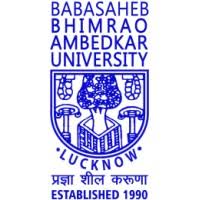




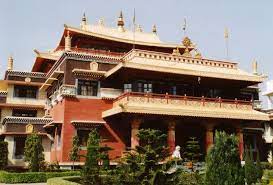
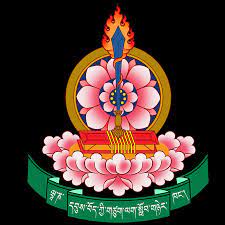












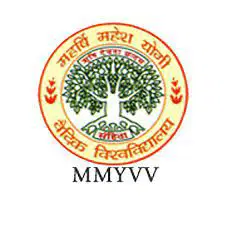

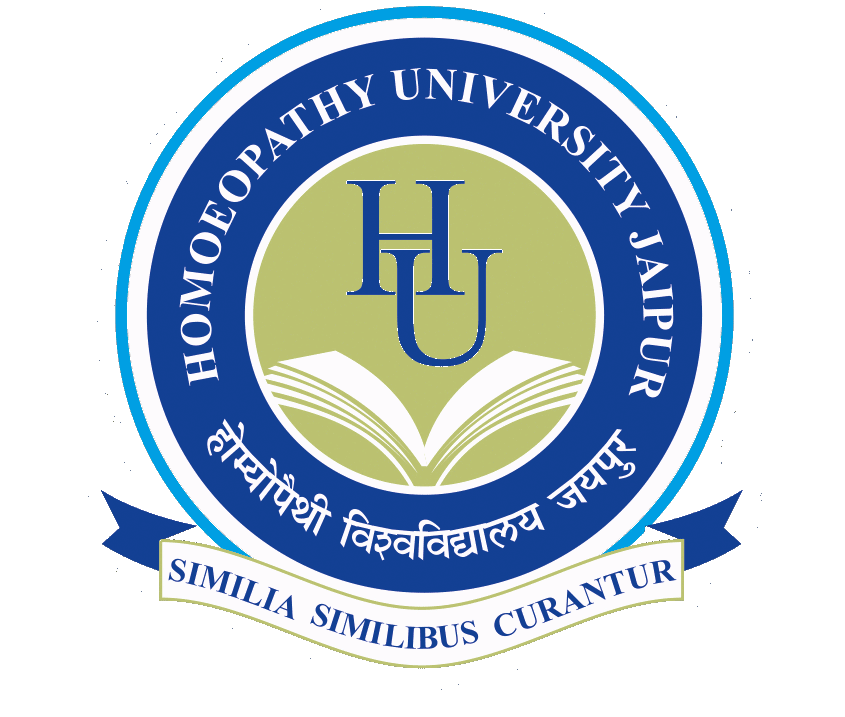

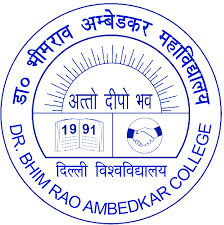


 back
back